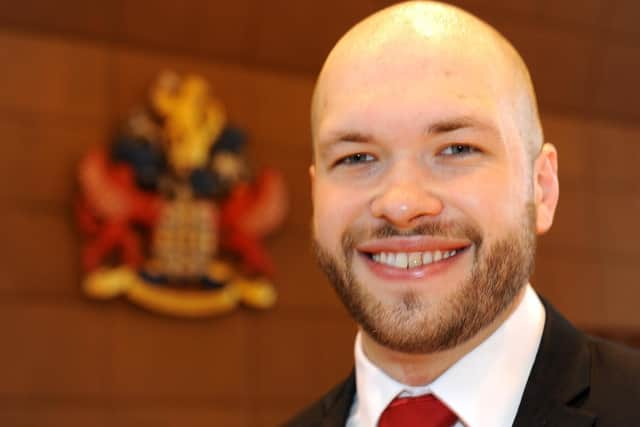Millions more to be spent on temporary accommodation in Crawley
and live on Freeview channel 276
The £59.9m budget will also include £150,000 to help Tilgate Park tackle erosion damage to the lake embankment – money the park will have three years to pay back.
There will be £333,000 for the extension of Little Trees Cemetery, £160,000 for tennis court refurbishment in Maidenbower, Southgate and West Green parks, and £218,000 for improvements to eight play areas in Broadfield, Bewbush, Ifield, Pound Hill and West Green.
Advertisement
Hide AdAdvertisement
Hide AdThe figures were given the nod during a meeting on Wednesday (February 2) and are scheduled to approved by the full council later this month.


A report to the meeting said increasing the temporary accommodation budget from £2.4m to £8.4m would enable the council to provide around 65 more units.
Some 121 people/families are currently staying in bed & breakfast, hotel or hostel accommodation, so the new units would take a chunk out of the council’s costs.
Peter Lamb, leader of the council, said the area needed a ‘staggering’ amount of temporary housing – not helped by London councils ‘constantly’ using Crawley as an overflow for their own needs.
Advertisement
Hide AdAdvertisement
Hide AdHe added that, though the extra units would increase the council’s stock by a ‘fair chunk’, the amount of accommodation available would still be well below what was needed.
Mr Lamb said: “Over recent years, the council’s biggest cost pressure mid-year has been the temporary housing budget because we have to pay out of our revenue account the cost of putting people into hotels and hostels.
“By having more of that stock ourselves, the money gets retained within the local authority.
“In addition it enables us to keep those families closer to where they live, closer to their community networks, closer to where their kids’ schools are, closer to where they go to work.
“It has an enormous social benefit and leads to a very substantial financial benefit to the local authority.”